Eco-Parenting Your Baby During Their 1st Year Successfully
By PAGE Editor
Bringing your baby up in a green, sustainable home is better for their health. A OnePoll survey found that 76% of parents try to be eco-friendly because of their children. The best thing you can do for your child is eco-parent them from the moment they’re born. Here are some ideas that’ll help you raise your tot in a green way.
Nursery design
A baby’s nursery is many parents’ pride and joy. Parents spend an average of $2,000 creating the perfect nursery. But make sure you opt for a sustainable design so that your money doesn’t go to waste. When choosing paint, always go for one that doesn’t contain Volatile Organic Compounds (VOCs), which are harmful air pollutants that have been linked to central nervous system damage. Invest in a crib made from sustainable wood that has been reinforced with water or food-based glue. Where possible, choose multi-functional furniture. For example, a crib that converts into a toddler bed, day bed, and full-sized bed is much better for the environment (and your bank balance) than four separate beds.
Baby essentials
Babies need a lot of things, including diapers, clothing, burp cloths, comforters, and more. You can be eco-friendly before your baby is born by making up a green hospital bag. You’ll need three bags in total; one for labor, one for post-birth, and one for your baby. The clothing you’ll need for birth and afterward include oversized t-shirts, soft pajamas, a nursing gown, and a plush robe. Make sure these are eco items of clothing, sustainably made from organic materials. When shopping for clothing for your baby, consider second-hand as they’re much better for the planet. Babies don’t fit in clothes for long, so they’re unlikely to have had much use. Finally, go for reusable diapers rather than disposable ones. Disposables take up to 500 years to decompose and are bad for the planet. Cloth diapers are eco-friendly and better for your baby’s skin as they don’t contain plastic and can be reused over and over again.
Weaning your tot
Weaning your baby onto solid foods will start around 6 months of age. There are lots of jars and pouches of baby food on the market that parents are encouraged to buy. However, they create a lot of food waste as babies just starting to wean don’t eat much. The packaging is wasteful too. You can be eco-friendly during this stage in your baby’s life by following the baby-led weaning approach or making your own puree. If there are any leftovers, keep them for the next day or compost them. When your baby moves onto snacks, bake your own and wrap them in cloth, so you can avoid mass-produced treats and their packaging.
Eco-parenting is growing in popularity. You may not have experienced this upbringing yourself, but by parenting your newborn in this way, you’ll teach them the best ways to do things and help them understand the importance of caring for the planet.
HOW DO YOU FEEL ABOUT FASHION?
COMMENT OR TAKE OUR PAGE READER SURVEY
Featured



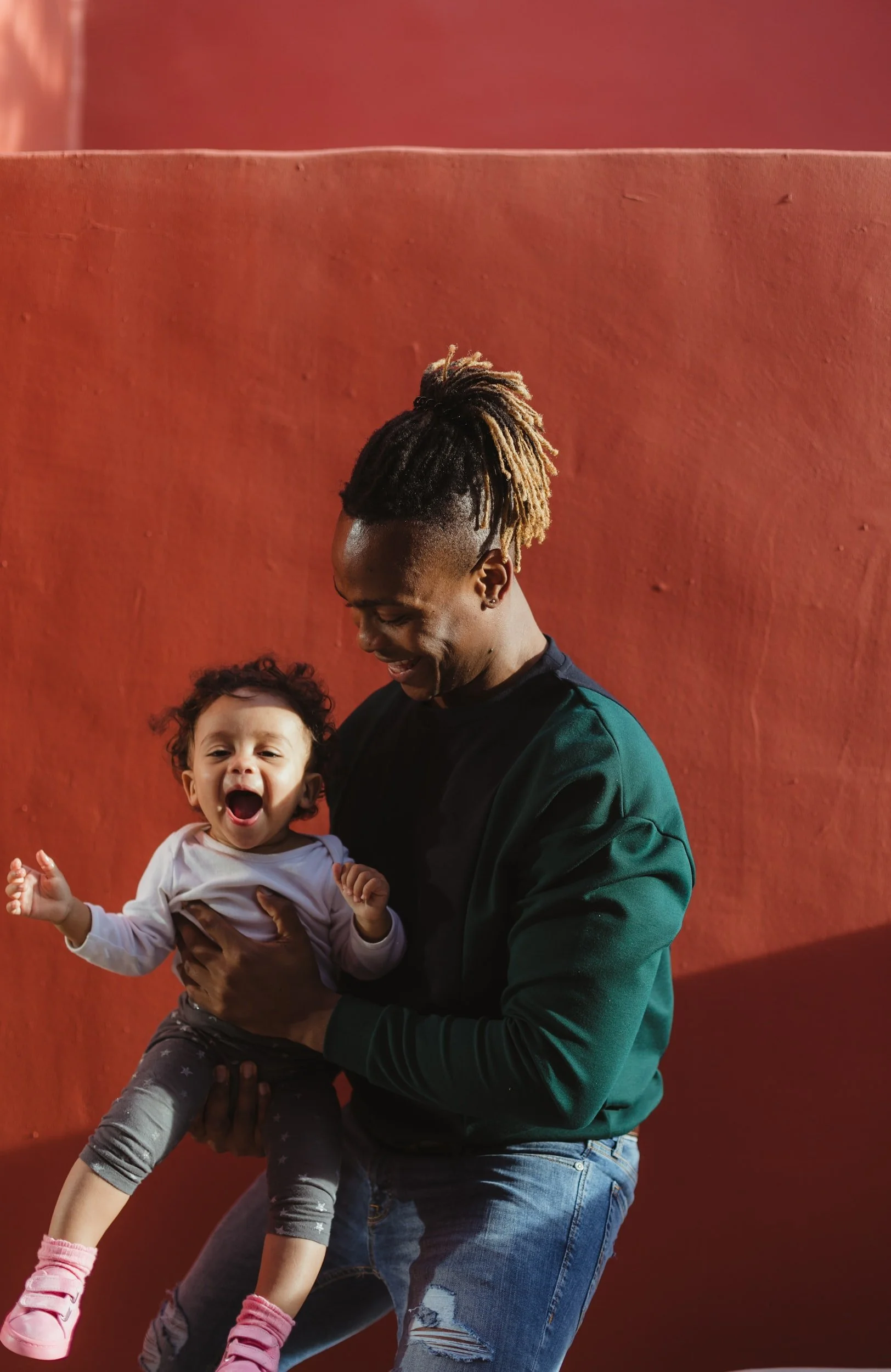
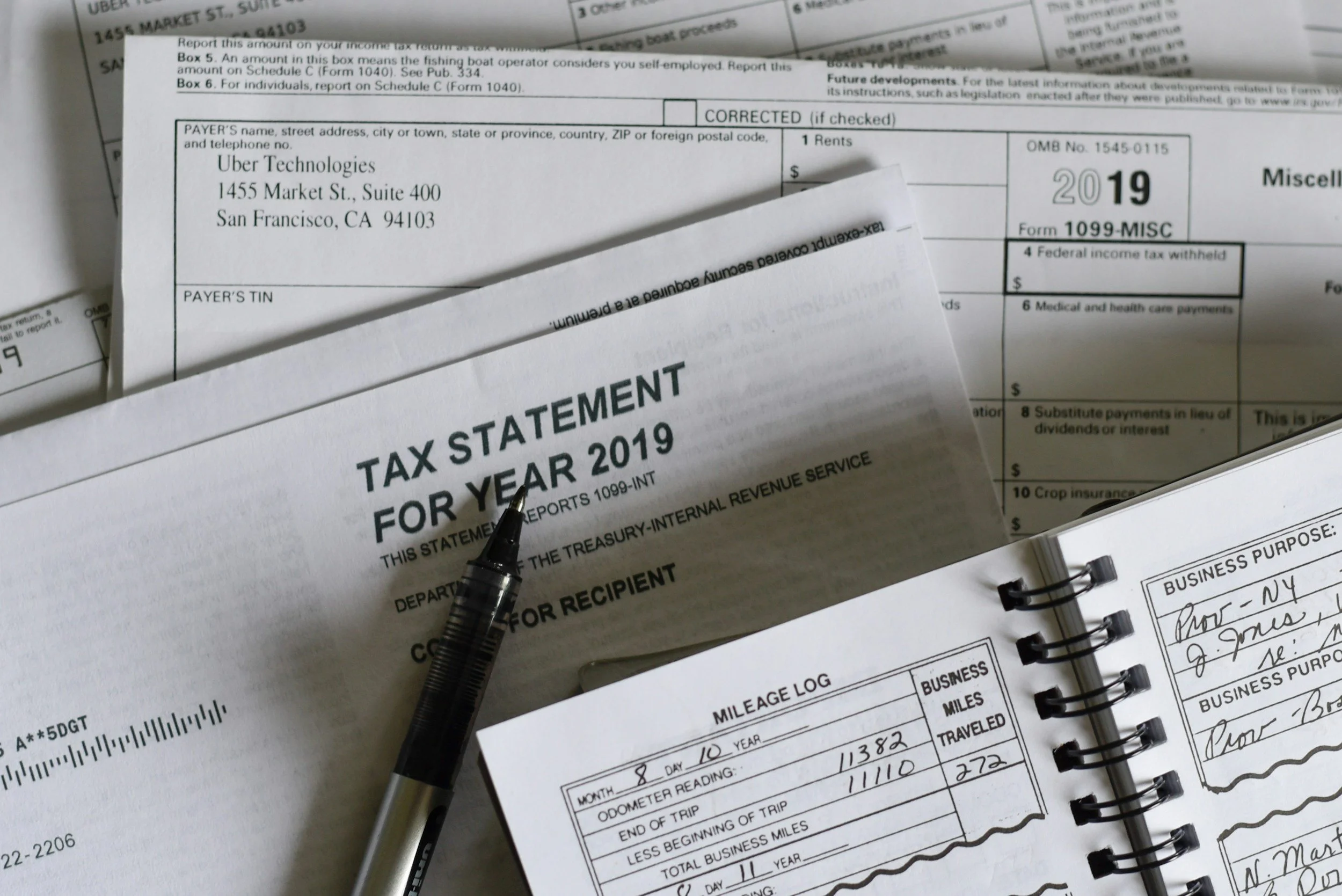
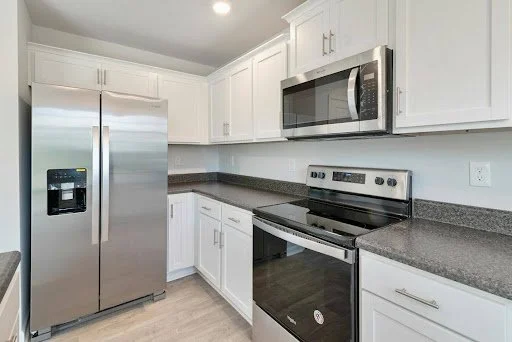
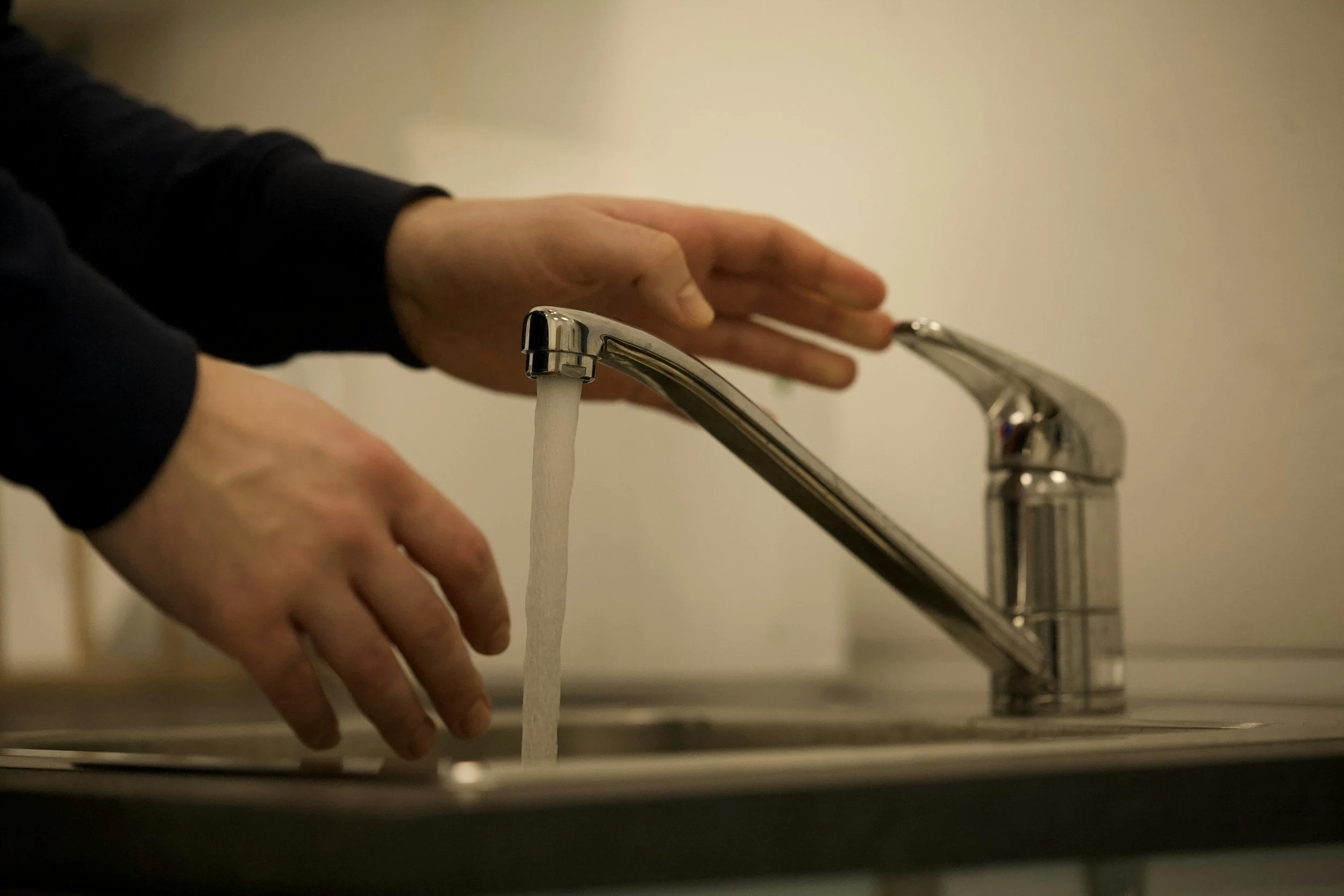
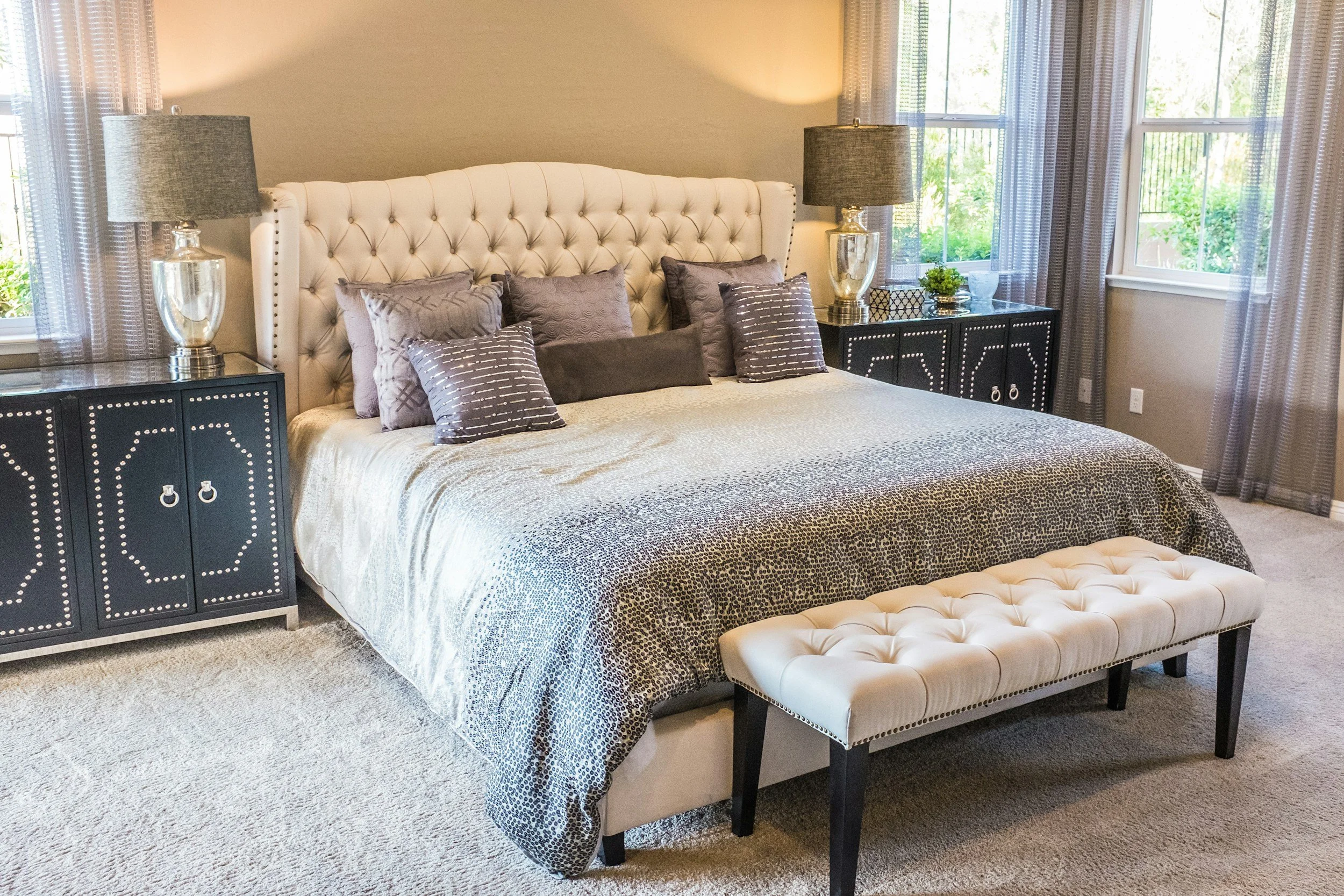
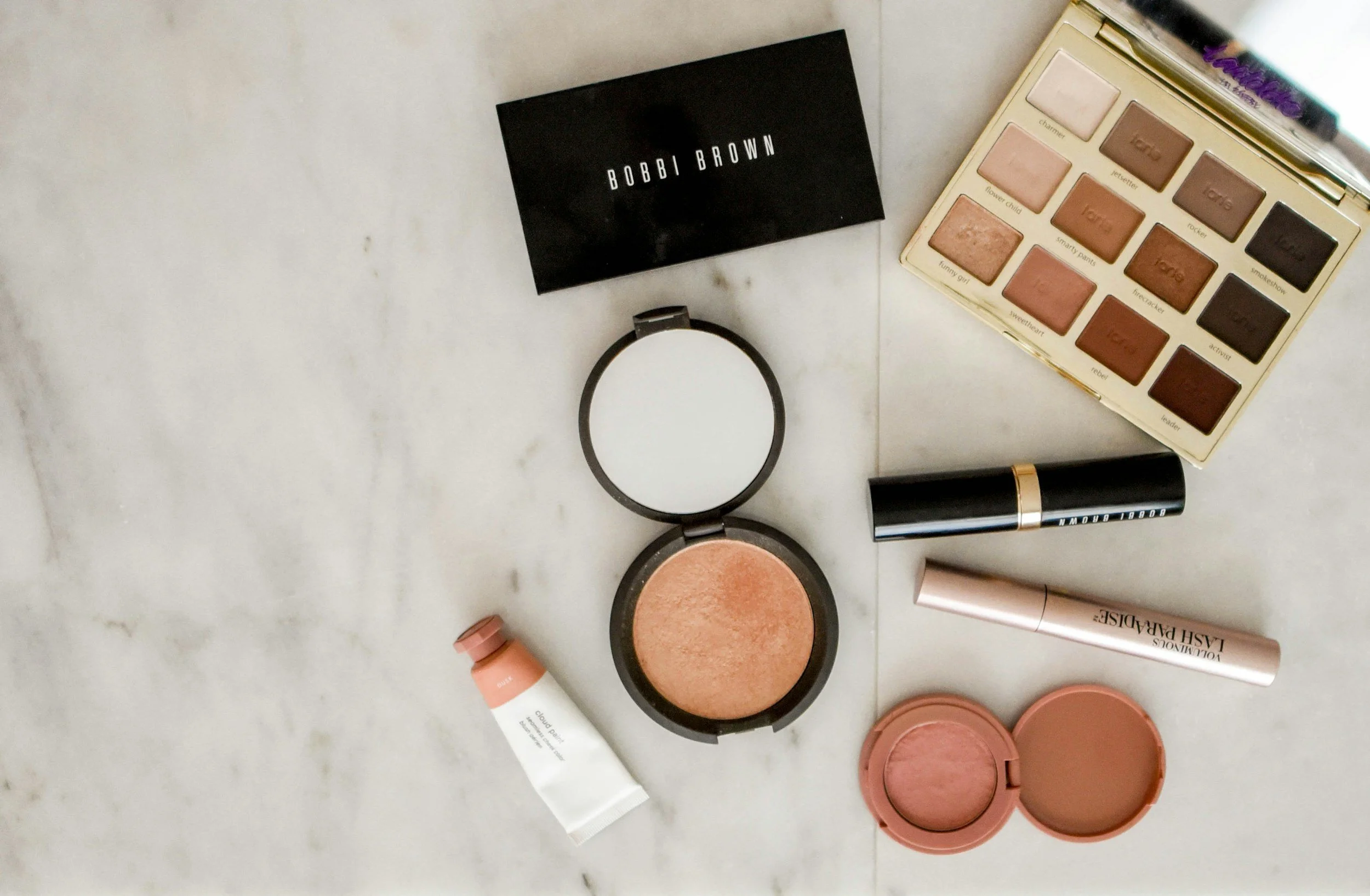
When investing in quartz countertops, choosing the right warranty and care package is just as important as selecting the color and finish.